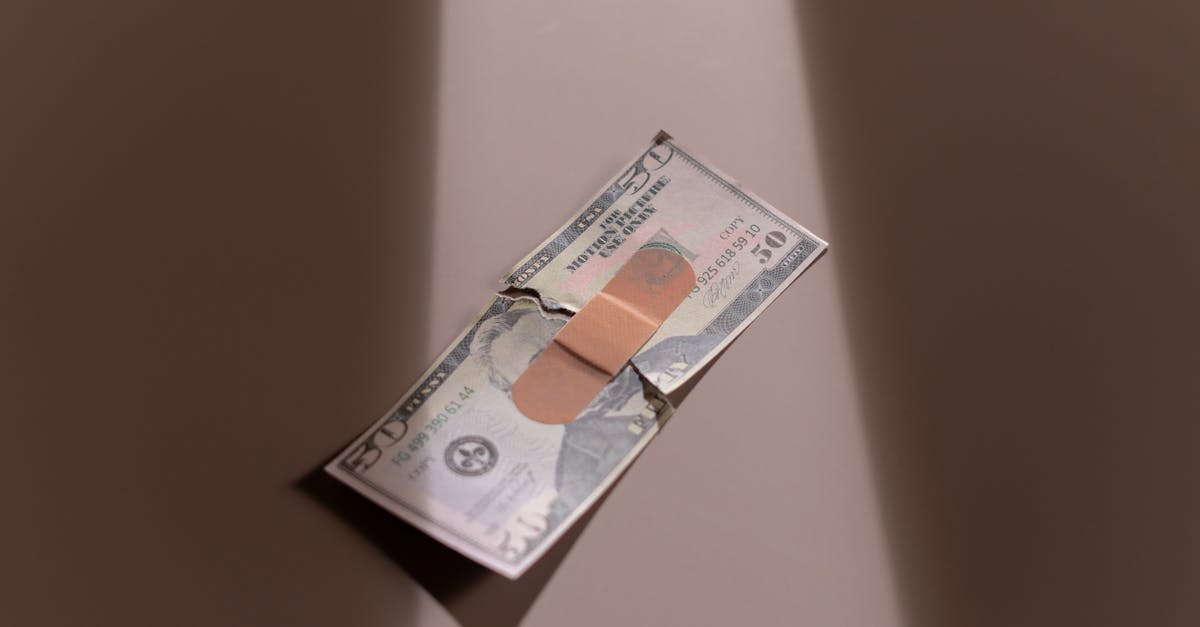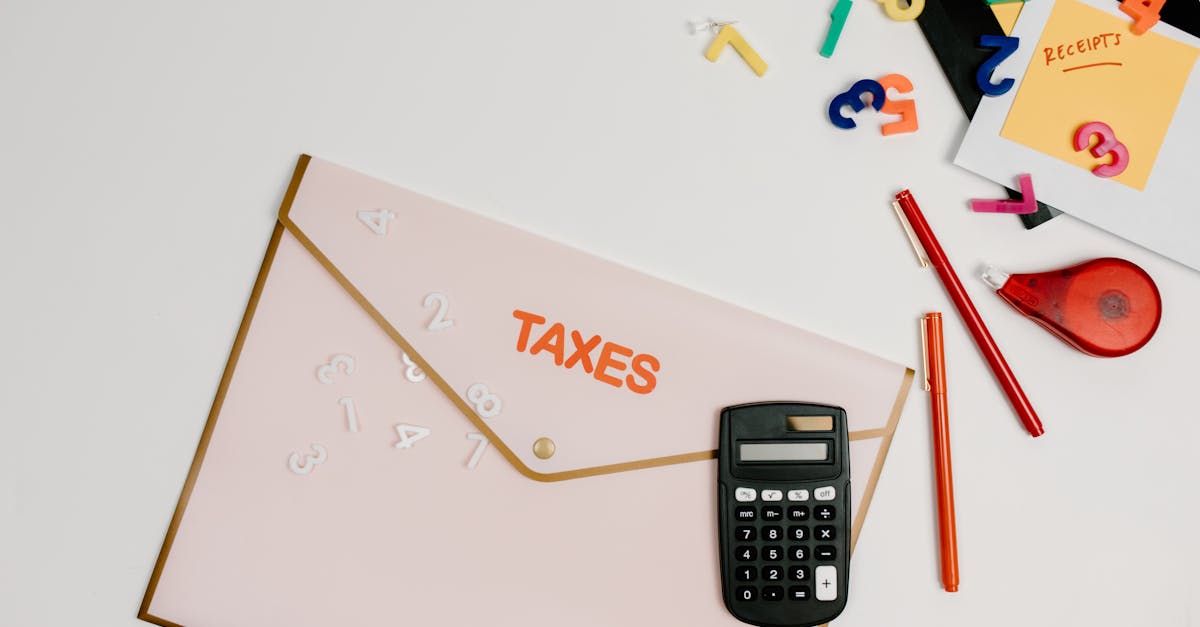Car Lease vs Buy Pros and Cons
Introduction
Planning to put a new car in your driveway? Many would-be car owners face the classic dilemma of whether to lease or buy. Understanding the nuances of each option can empower you to make a decision aligned with your lifestyle and financial goals.
Advertisement
Understanding Leasing a Car
Leasing a car involves paying for the vehicle's depreciation over a set period, usually 2 to 4 years. Instead of owning, you essentially "rent" the car for the term and follow specific guidelines, such as mileage limits. Once the lease ends, you can return the vehicle, buy it, or lease another.
Advertisement
Financial Aspects of Leasing
Monthly payments for leases are typically lower than for car loans since you're not paying the entire purchase price. Lease contracts may require smaller down payments, making new cars accessible. However, exceeding mileage limits or causing wear and tear can lead to additional fees.
Advertisement
Ownership Advantages
Buying a car means you own an asset that you can sell or trade. There are no limits on customization or mileage use. Buying might mean higher monthly payments, but without mileage restrictions, you save long-term if you drive often.
Advertisement
Depreciation and Resale
New cars depreciate rapidly. Lease payments only take into account the depreciation amount. Buying a car, you absorb total depreciation. Some vehicles hold value better and can be sold advantageously. Reselling an owned car can recoup costs, unlike a returned leased vehicle.
Advertisement
Personal Driving Habits
Leasing can be sorted for those who drive under the typical mileage cap and prefer changing vehicles every few years. Conversely, buying is better for those who have long commutes or keep cars for extended periods. Reflecting on your driving habits can aid your decision.
Advertisement
Customization and Ownership
Owning means unlimited customization choices. You can change the paint, update interiors, or add tech without restrictions. Leases, on the other hand, require the car to be returned in original condition. Serious modifiers or enthusiasts should consider buying.
Advertisement
Leasing versus Buying in Tax Situations
Leasing can offer tax breaks for entrepreneurs who use the car for business. Commercial leases can sometimes deduct payments as business expenses. Purchasing might offer tax credits, dependent on vehicle type, such as hybrids.
Advertisement
Insurance and Maintenance Costs
Leased cars often have required maintenance schedules and certain insurance requirements, offering predictability in costs. Owners can opt for extended warranties or incur expenses unexpectedly. This flexibility might appeal to different financial mindsets.
Advertisement
Conclusion
Whether to lease or buy depends on your financial situation, lifestyle, and personal preferences. Weighing the benefits and drawbacks of each can guide you in this significant decision. Ultimately, the best choice harmonizes with your specific needs; choose wisely to enjoy the journey.
Advertisement


